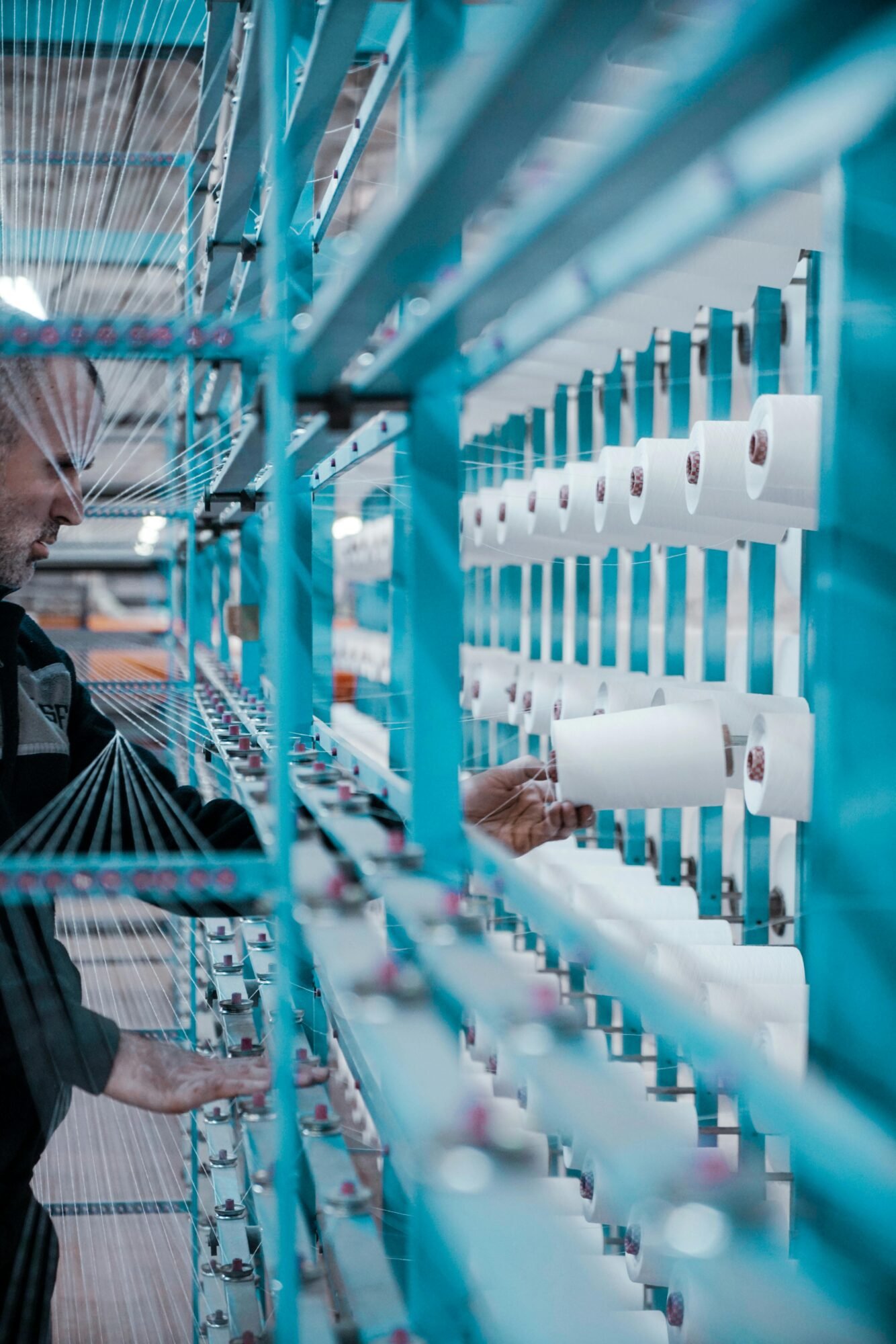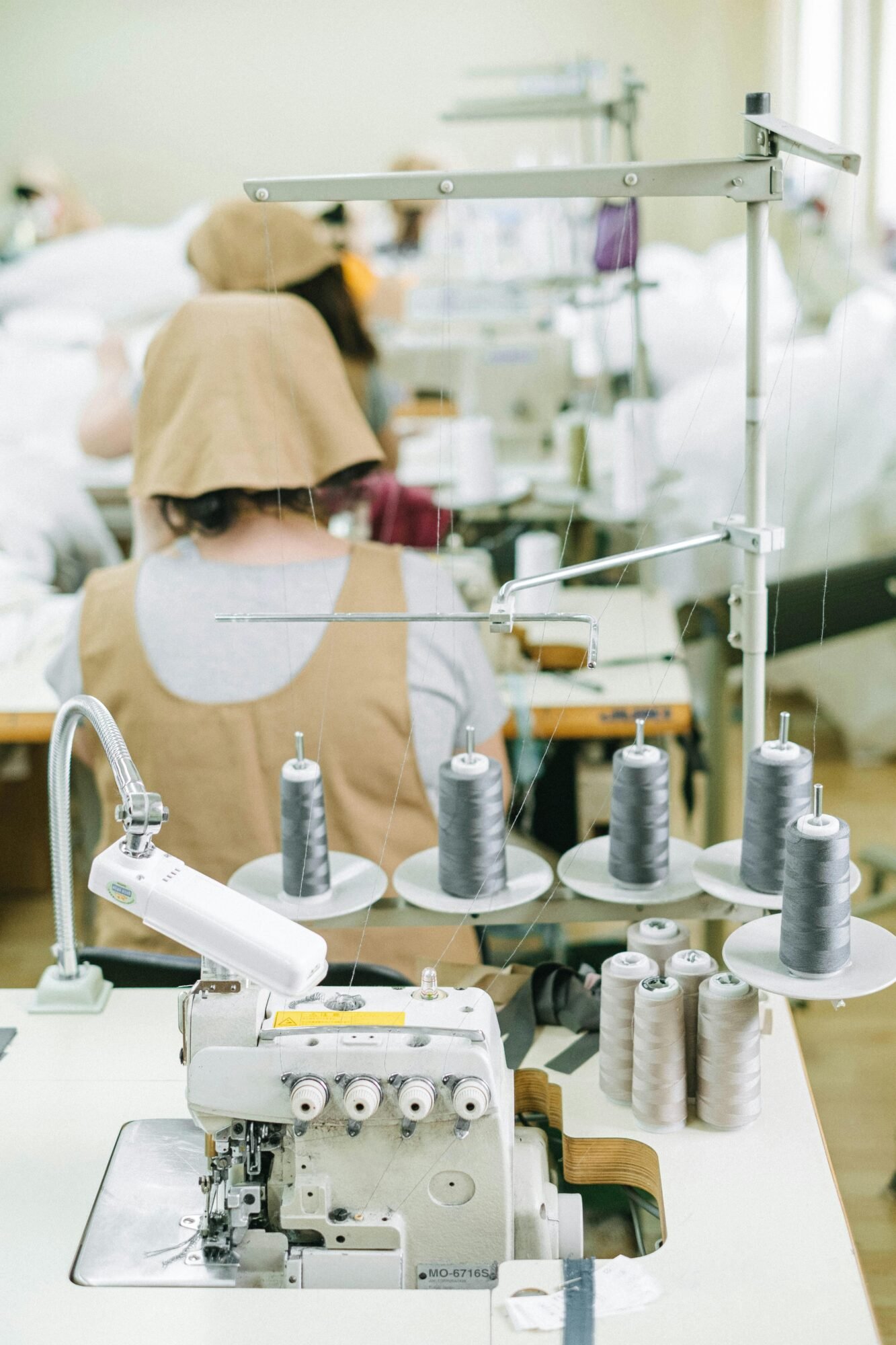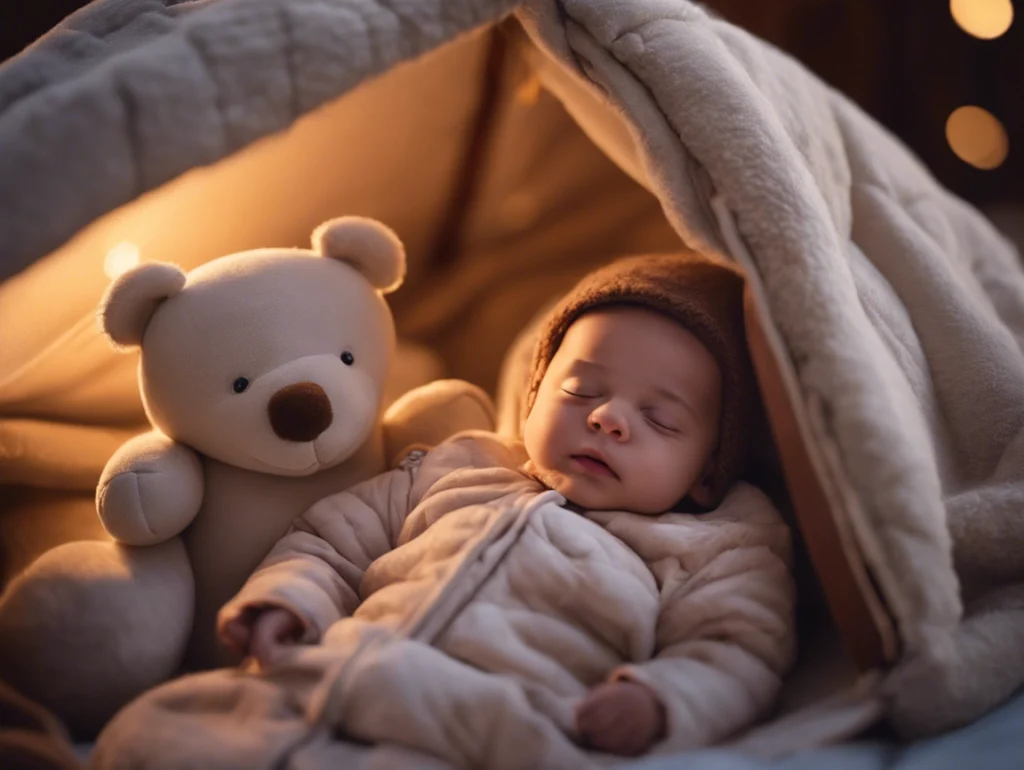Let’s face it—choosing the right factory for baby products is like choosing a babysitter for your child. Not just anyone can handle your bundle of joy without dropping the ball (or the baby bottle). This is where ESG criteria—Environmental, Social, and Governance—step in like a superhero with a clipboard, ensuring your manufacturing decisions not only do good for the planet and people but also sleep well knowing they’re governed responsibly.
Grab your pacifier (or cup of coffee) because we’re about to dive into how ESG saves the day when selecting factories for baby products!

What is ESG, and Why Should Baby Factories Care?
ESG stands for:
- Environmental: Is the factory hugging Mother Earth or just slapping her with pollution?
- Social: Do workers see fair wages and safe conditions, or is there more drama than a teething toddler?
- Governance: Are factory operations as transparent and honest as your baby’s refusal to eat vegetables?
Baby product customers are changing, and they demand products sourced responsibly (because no parent wants guilt diapers). Factories that embrace ESG aren’t just ethical—they’re better equipped for long-term success. Let’s break this down with some real-life examples.
Comparing Factories: The ESG Mom-Approved Table
The table below highlights three factories and their performance on ESG criteria for producing baby products:
| Factory Name | Environmental 🌱 | Social 🤝 | Governance 🏢 |
|---|---|---|---|
| Factory A | 80% renewable energy, ISO 14001 and 9001 certified | Fair wages, provides daycare | Transparent policies, audits shared |
| Factory B | Uses GOTS-certified organic cotton but water-intensive processes | Basic wages, no worker benefits | Limited oversight of upper management |
| Factory C | Heavy use of plastic, high emissions | Reports of unfair labor practices | Lack of governance structure |
The Verdict: Would you buy a onesie from a factory with no daycare services? Probably not! Factory A comes out on top as a shining example of ESG-friendly practices (and a place that clearly values families).
Why ESG Criteria Matter for Baby Products
- Tiny Humans, Tiny Footprints: Baby products are gentle on skin—why shouldn’t they also be gentle on the planet? Factories that prioritize ESG are less likely to pollute water bodies that supply your baby’s baths.
- Worker Safety (Duh!): If workers aren’t treated well, how can we trust the people making pacifiers? ESG-compliant factories ensure happy workers making happier products.
- Trust Parents Love: When parents know a brand takes its ESG commitment seriously, they’re far more likely to stay loyal. No greenwashing here, please.
- Dodging Lawsuits: Factories behaving badly face lawsuits faster than toddlers can throw tantrums. A governance-first approach minimizes these risks.
Tips for Choosing ESG-Friendly Baby Product Factories
- Ask Better Questions: “Where do you source cotton?” or “How do you deal with power usage?” get you miles closer to sustainability than a vague, “Do you care about ESG?”
- Look for Certifications: Global Organic Textile Standard (GOTS), Fair Trade, and B Corp go beyond the basic requirements.
- Tour the Facility: Nothing beats first-hand experience. Does the facility feel like a child-safe playground or a scene from an office sitcom gone wrong?
- Third-Party Verification: Rely on organizations like the World Economic Forum or Fair Wear Foundation for objective assessments.
FAQ: ESG and Baby Products
Q: Do ESG-certified factories cost more?
A: Short-term costs may increase slightly, but long-term savings (fewer recalls, lawsuits, and customer trust) make it worth it. Think of it as buying insurance on your brand’s reputation.
Q: Is GOTS certification essential?
A: Not mandatory, but highly recommended for baby products due to their delicate nature. No GOTS? No glory.
Q: How do I know if a factory is faking ESG?
A: Insist on third-party audits and verify certifications via global organizations like Fair Trade or BSI Group. Transparency isn’t just a buzzword—it’s a baby-proof policy!
Q: Which ESG criteria should I prioritize?
A: All are important, but brands often start with environmental impact, given its visibility to calorie-deprived parents shopping at 2 AM.
Conclusion: ESG is the Cool Parent Everyone Wants
When selecting a factory for the tiniest customers, making ESG a priority is non-negotiable. After all, shouldn’t the cradle-to-grave supply chain be as careful and nurturing as the cradle itself?
So, the next time someone asks “Why ESG?”, just smile and say, “Because babies deserve a world as fresh as their diapers claim to be.”

